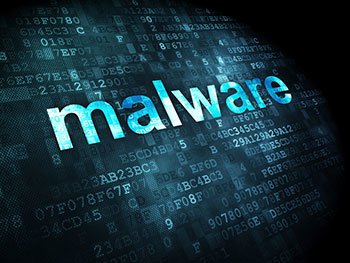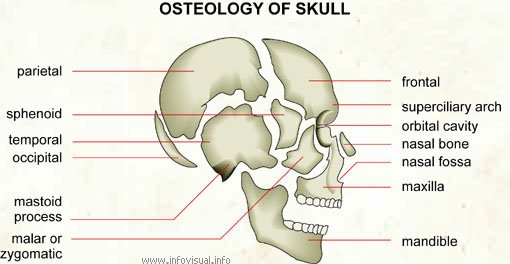Private investigators often undervalue the role of forensic science in their investigations, choosing to rely more heavily on interviews and surveillance.
ItsGov.com managed to talk with a highly respected PI in London to find out the ways forensic science can help with investigations. Christine Alexander from shared some examples with us and told us that:
“The integration of forensic science into the area of PI, could bring about a more efficient industry”.
Christine made it clear that “Physical evidence should not be underestimated. It can make all the difference in a their-word-against-mine cases, providing the solid facts needed to support the investigation”.
Here are just a few examples from Christine of the many ways in which forensic science can be applied to private investigations:
 Collecting finger prints is a valuable forensic science technique that is often used in private investigation matters, as well. Photo: Flickr
Collecting finger prints is a valuable forensic science technique that is often used in private investigation matters, as well. Photo: Flickr
Friction ridge prints– Finger prints, palm prints, and foot prints, are often analyzed to link an individual to the scene of a crime. The same forensic evidence can be useful in private cases, such as employee thefts or internal security matters. The private investigator will have to work with someone who understands latent print development, who can successfully collect and analyze the prints. The investigator can then gather the prints of the suspected individual, and a direct match can instantly solve the case.
Broken fingernail- A broken fingernail found at the scene of an investigation provides evidence of a similar calibre to a friction ridge print. The private investigator will, in this case, need to work with firearms and tool mark examiner, to match the stria, or lines, to that of the suspect.
DNA evidence– If the private investigator deems it fit there are is a wide variety of biological evidence that can be analyzed to help with a case, such as blood, saliva, semen and other bodily fluids, hair, and tissue. This could provide serious and defining evidence in a paternity case for example, or when trying to prove an extramarital affair. There are a wide number of experts that the investigator must call on to analyze biological evidence, and this depends on the specifics of the case. Forensic experts include molecular biologists, serologist, hair examiner and toxicologist.
Firearm or tool examiner– The main job of these forensic experts is to analyze uses of firearms and tools. In private investigations this can be useful in firearm accidents, civil cases resulting from firearm use, employee thefts that involve the use of tools, and cases of questionable deaths. They can analyze tool marks, bullet type, trajectory, and more.
Shoeprints and tire tracks– In cases of trespass, employee theft, and other civil cases, tire marks and shoe prints might be present at the scene of investigation. If this is the case an expert can analyze them and match them to a specific vehicle or shoe.
There are many applications of forensic science, many options for collecting and analyzing physical evidence. So why do many seem to neglect this opportunity to gain hard evidence? The answer may be mostly financial. Many clients cannot afford to pay for the resources that forensic science demands. The private investigator is unlikely to understand the vast field of forensic science themselves, and it can be difficult to find a scientist who is qualified to examine and analyze the evidence.
Despite these limitations, there are clearly many ways in which forensic science could improve the quality of private investigations. It is up to the investigator, and unfortunately also the resources of the client, to decide whether scientific analysis will add value to the case, or whether the classic surveillance and interview techniques will be enough. The private investigator should be prepared, that if they do apply forensic science to the case, the evidence that it brings to light could sway the investigations one way or the other, sometimes refuting the case, as well as supporting it.


